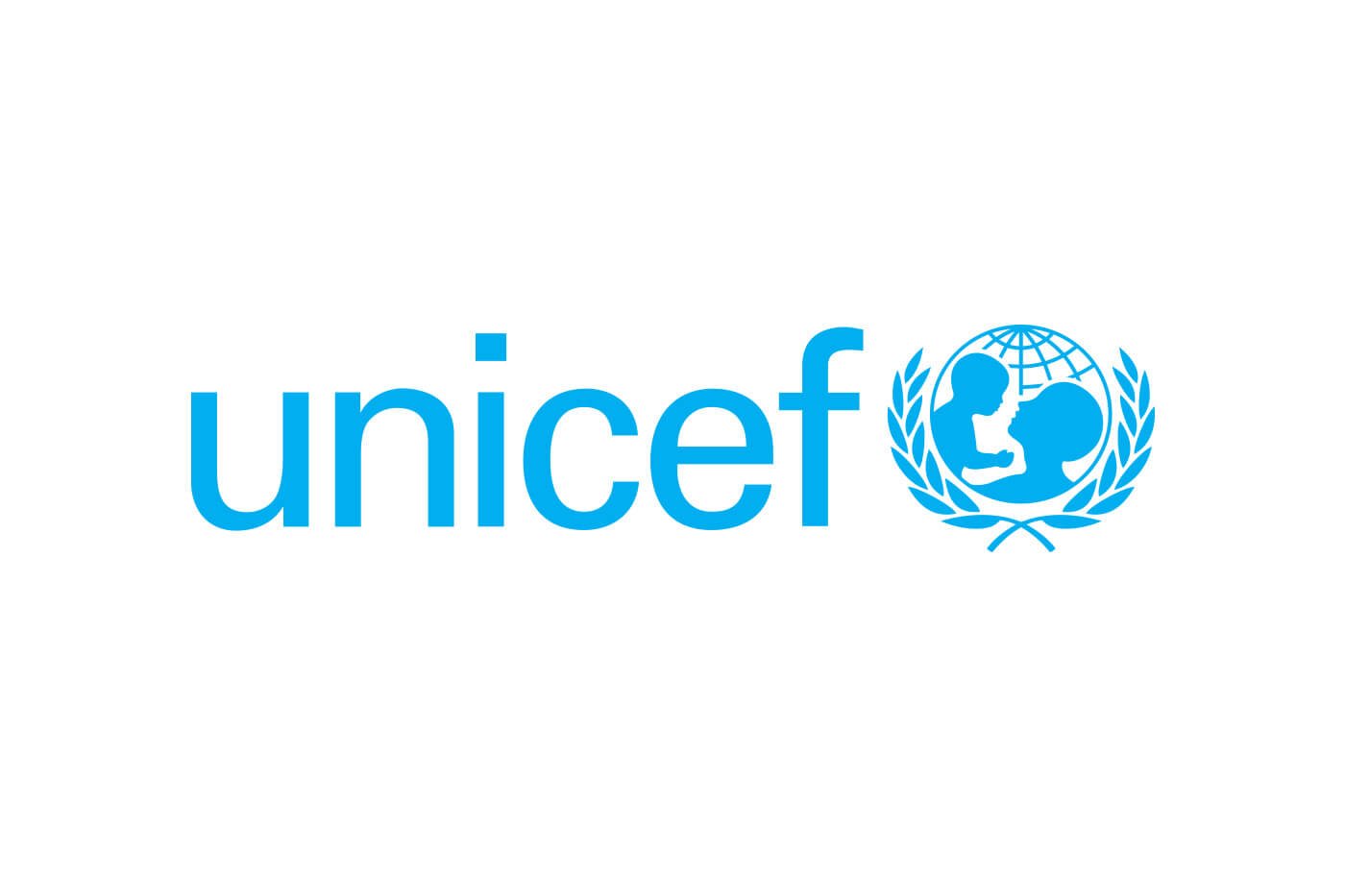UNICEF has been on the ground in Tanzania since 1954 as part of its emergency operations, though the office was set up in 1975. Since then, UNICEF’s assistance to Tanzania has taken many forms guided by the changing situation of women and children in Tanzania, national and organization priorities.
UNICEF plays a unique role in Tanzania as an advocate for children’s rights, identifying gaps in their realization, providing technical advice and assistance to the government in addressing the gaps, and bringing evidence to the table.
In application of the Convention of the Rights of the Child, UNICEF engages in a broad spectrum of development interventions to ensure that children’s issues are prioritized and resources are leveraged for scale up.
The UNICEF programme for Tanzania is integrated into the United Nations Development Assistance Plan (UNDAP) for Tanzania that runs from July 2011 to June 2015. The UNDAP is the business plan for all the 20 UN agencies, funds and programmes operating in Tanzania.
UNICEF, is responsible for delivery on a set of key actions that contribute to shared results, derived through the national MKUKUTA and MKUZA poverty reduction strategies. As a reflection of the profound role of children in every dimension of social development, UNICEF is responsible for delivering on a wider range of key actions and results than any other UN agency in Tanzania.
The current Country Programme addresses eight main areas – Health and Nutrition, Water, Sanitation and Hygiene, Children and AIDS, Education Equity and Quality, Child Protection, Social Policy and Analysis, Communication, Advocacy and Partnerships and Zanzibar.
Health and Nutrition: UNICEF assists the government to implement high-impact, cost effective health and nutrition services targeted at hard-to-reach communities.
Water, Sanitation and Hygiene (WASH) in schools: Increasing access to safe water and improved hygiene and sanitation in schools to prevent and manage diseases such as malaria, pneumonia and diarrhoea.
Children and AIDS: In Tanzania, UNICEF’s work with children and AIDS reflects the following: Prevent Mother-to-Child Transmission (PMTCT) of HIV, Paediatric Treatment of AIDS, Prevention of HIV among Adolescents and Young People and to Protect and Support Children Affected by HIV and AIDS.
Education Equity and Quality: UNICEF supports improvements in the quality of basic education and early childhood learning and the implementation of ‘speak out’ clubs, which encourage boys and in particular girls to voice their concerns about HIV and AIDS and becoming victims of sexual assaults.
Child Protection: UNICEF works closely with the Government to develop protective policies and legislation, and to build the capacities of national institutions and systems to better serve and protect the most vulnerable children. One of UNICEF’s priorities is to help ensure that all children are registered at birth.
Social Policy, Analysis and Development: UNICEF helps the Government to design and implement social and economic policies, laws and budgets that enable the Government to realize the rights of women and children.
Communication, Advocacy and Partnerships: Fostering communication and partnerships serve as UNICEF’s response to MDG 8 on global partnerships and MDG 1 on eradicating extreme poverty and hunger. UNICEF support has led to a number of advances in these areas: The Development Partners Groups for Nutrition, WASH, Health and Education and cluster leadership in Social Protection has helped to advance child rights through Tanzania’s second phase poverty reduction strategy, known by its Swahili acronym, MKUKUTA on the mainland and MKUZA in Zanzibar.
Zanzibar Programme: The overarching goal and strategic approach of the UNICEF – Zanzibar programme is to strengthen the capacity of government, both at the national and district levels, as well as local communities (Shehia level), to plan, implement and monitor social development projects which seek to promote and fulfill the rights of women and children.
UNICEFs main partners in Tanzania include the government, NGOs, civil society, the media, the private sector and communities. UNICEF brings a global influence and reach, technical expertise, and financial resources to provide the necessary support to its partners.
One of UNICEF’s main comparative advantages is that it works on different levels, engaging in dialogue and negotiation at the source of policy while working on the ground to demonstrate the impact of model interventions. UNICEF programmes target the poorest parts of the country and most marginalized groups of the population, focusing on interventions with a high and immediate impact on children’s health, education and protection.
Go to our Homepage To Get Relevant Information.

